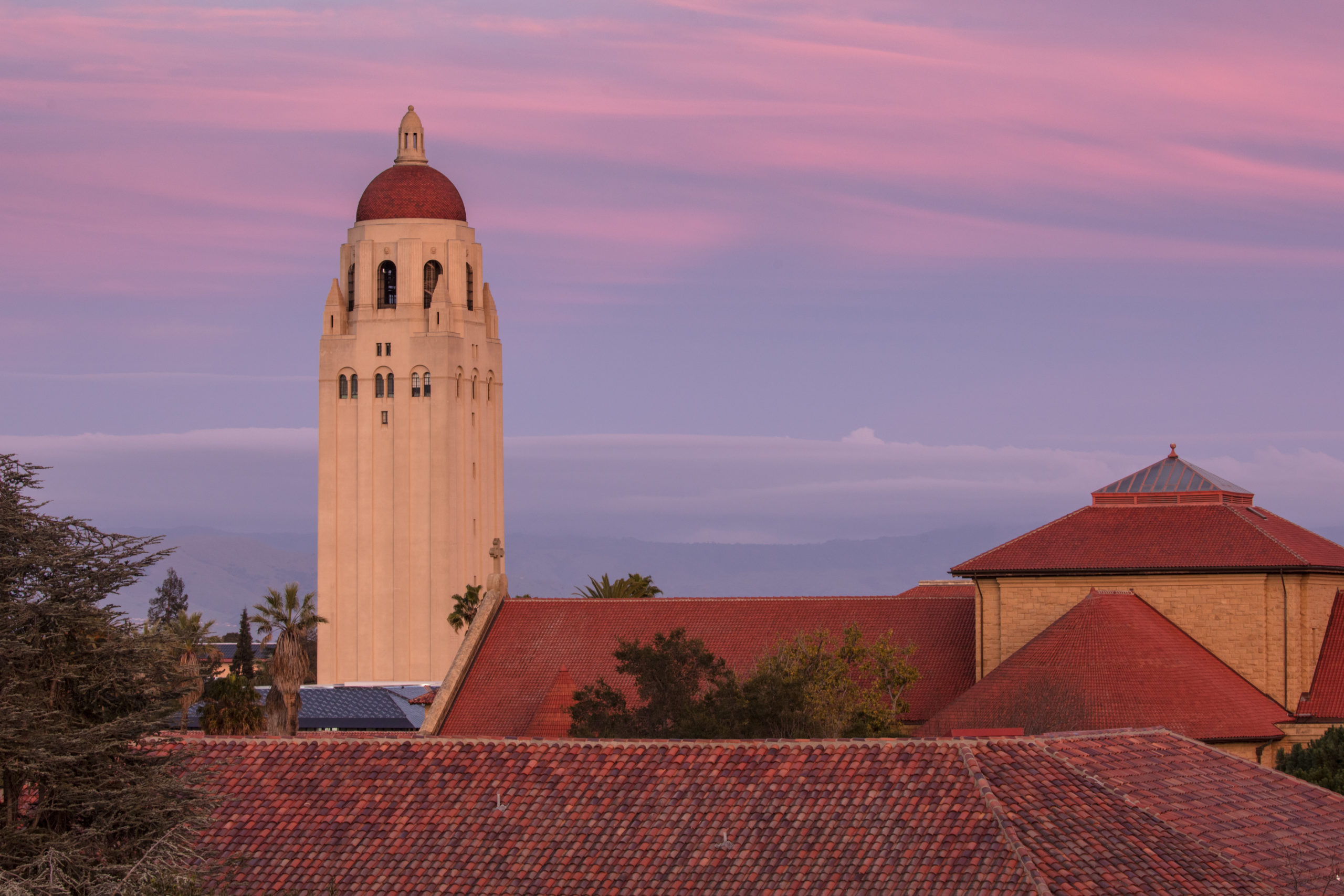Stanford Law School (SLS) Dean Jenny Martinez was named Stanford’s 14th provost, interim President Richard Saller announced in a letter to the Stanford community on Wednesday.
The decision comes after Provost Persis Drell announced in May she will resign from her role this fall.
“As dean, she has been a champion of inclusion, and a clear and reasoned voice for academic freedom,” wrote Saller, who will take over as Stanford’s interim president on Sept. 1, after President Marc Tessier-Lavigne resigned last month following an investigation into research misconduct allegations.
Martinez will serve as provost throughout Saller’s term and beyond “at the pleasure of the next president,” Saller wrote.
Saller selected Martinez for the provost position due to her reputation as “a respected scholar of international law and constitutional law,” he wrote. Martinez’s accomplishments at SLS — including establishing research centers, recruiting new faculty and enacting measures for affordability and financial support within her tenure — are also credited.
Martinez will assume the provost position on Oct. 1. She first joined Stanford’s faculty in 2003 and has served as SLS dean since 2019. Law professor Robert Weisberg will step in to serve as interim SLS dean.
Saller selected Martinez from a list of recommended candidates provided by Dean of Humanities and Sciences Debra Satz and the provost search committee, he wrote in an email to The Daily. He added that Martinez’s leadership following the student protest against Judge Kyle Duncan in March influenced his decision.
“I thought highly of her explanation of the importance of academic freedom,” Saller wrote.
At the March event, Stanford Law students protested against the Federalist Society’s event with conservative judge Duncan, who has been a right-wing advocate for laws that would harm women, immigrants and LGBTQ+ people.
Martinez apologized to Duncan on the basis of university policies of disruption in a letter to law students, writing that “[restricting] the organization or the speakers it can bring to campus are demanding action inconsistent not only with freedom of speech but with rights to freedom of association that civil rights lawyers fought hard in the twentieth century to secure.”
The letter outlined various steps the school took in the wake of the incident, including the adoption of clearer protocols for managing disruptions. SLS also required law students to attend a half-day session this past spring on the topic of freedom of speech and the norms of the legal profession.
During the height of the conflict, protesters said they led the demonstration because Duncan was brought into their classroom: an immense sign of disrespect as he had worked to further a homophobic and transphobic agenda.
Former SLS Dean for Diversity, Equity and Inclusion Tirien Steinbach addressed Duncan and the crowd during the event. She said that although she “wholeheartedly” welcomed Duncan to campus, “for many people here, your work has caused harm.”
Martinez announced in July that Steinbach would be leaving her role as DEI dean, after she was initially placed on leave in March, two weeks after the protest took place.
Jacob Benford J.D. ’24 and Jacob Randolph J.D. ’24, representatives of SLS for the Graduate Student Council (GSC), wrote to The Daily that while the law school and greater university had a “tumultuous” year, the GSC “recognizes the challenging backdrop to becoming provost of Stanford University.”
Benford and Randolph added they hope Martinez prioritizes affordability, making “good-faith efforts to negotiate with the Stanford Graduate Workers Union” and “at minimum, meeting the basic needs of graduate students through fair salaries and wages, ensuring access to affordable health care and expanding free transit options.”
In the wake of the Supreme Court decision on affirmative action, they hope Martinez follows through on expanding outreach and recruitment efforts of diverse students, Benford and Randolph wrote.
“Above all, the Graduate Student Council looks forward to working with Dean Martinez to represent the needs of ALL graduate students, especially as legislation around the country threatens the safety of our marginalized students,” they wrote.
As Stanford’s administration has faced numerous changes and scrutiny over the past year, both Saller and Martinez affirmed the importance of focusing “on the fundamentals of excellence in research and education with integrity,” Martinez wrote to The Daily.
Martinez said she plans to listen to members of the community around campus because “it’s important to hear directly from students and faculty about their experiences and priorities and make sure that what we do is responsive to those,” she wrote.
“Establishing those channels of communication is my first priority because they will be important to tackling all the specific issues down the road, whether it be admissions issues, affordability, or any of the other topics on everyone’s minds,” Martinez added.
Saller wrote that there will be many challenges moving forward, “including diversity in admissions following the Supreme Court decision, working with the Graduate Student Workers on an agreement, addressing the high cost of living and research,” but “the fundamentals of Stanford are strong with an excellent faculty and student body, and dedicated alumni.”
